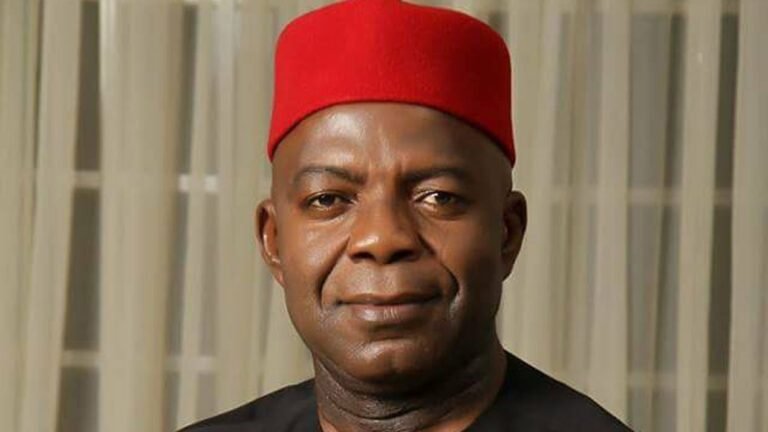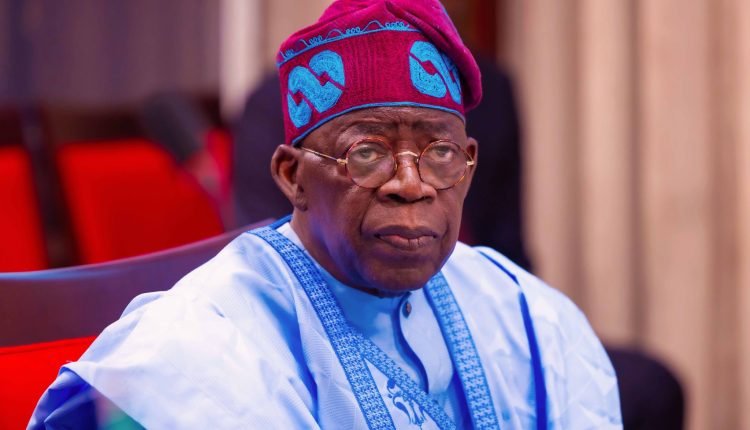Former leaders and opposition parties have sharply criticized the current administration over its handling of democracy and governance, especially following the President’s June 12 address to the National Assembly.
The former Vice President described the government’s approach as one of domination rather than democratic leadership. He highlighted concerns over authoritarian tendencies, institutional decay, and elite favoritism, warning that the values of June 12 are being eroded by fear-driven policies and neglect of the common citizen.
Echoing these concerns, the former Anambra governor stated that democracy has been on a steady decline. He criticized the President’s frequent international travels, arguing that domestic issues are being ignored and the governance style is out of touch with the realities faced by Nigerians. He lamented the growing trend of impunity, propaganda, and disregard for democratic checks and balances.
The main opposition party, PDP, accused the ruling party of meddling in internal opposition affairs, comparing the situation to the biblical analogy of “the hand of Esau but the voice of Jacob.” According to them, the ruling party is actively fueling internal crises in opposition groups while claiming innocence.
The Labour Party also raised alarm over the state of democracy, calling the current political system a far cry from the one envisioned by the nation’s democracy icons. Referencing the sacrifices of pro-democracy figures like MKO Abiola, the party emphasized that today’s Nigeria reflects a manipulated democracy, characterized by elite control and weakened institutions.
Calling for a reset, the Labour Party’s leadership stressed the need for truly representative governance, rooted in electoral integrity, rule of law, and genuine accountability. The message was clear: the democracy many died for is being betrayed, and unless reforms take place, June 12 risks becoming just another date on the calendar, stripped of its true significance.







